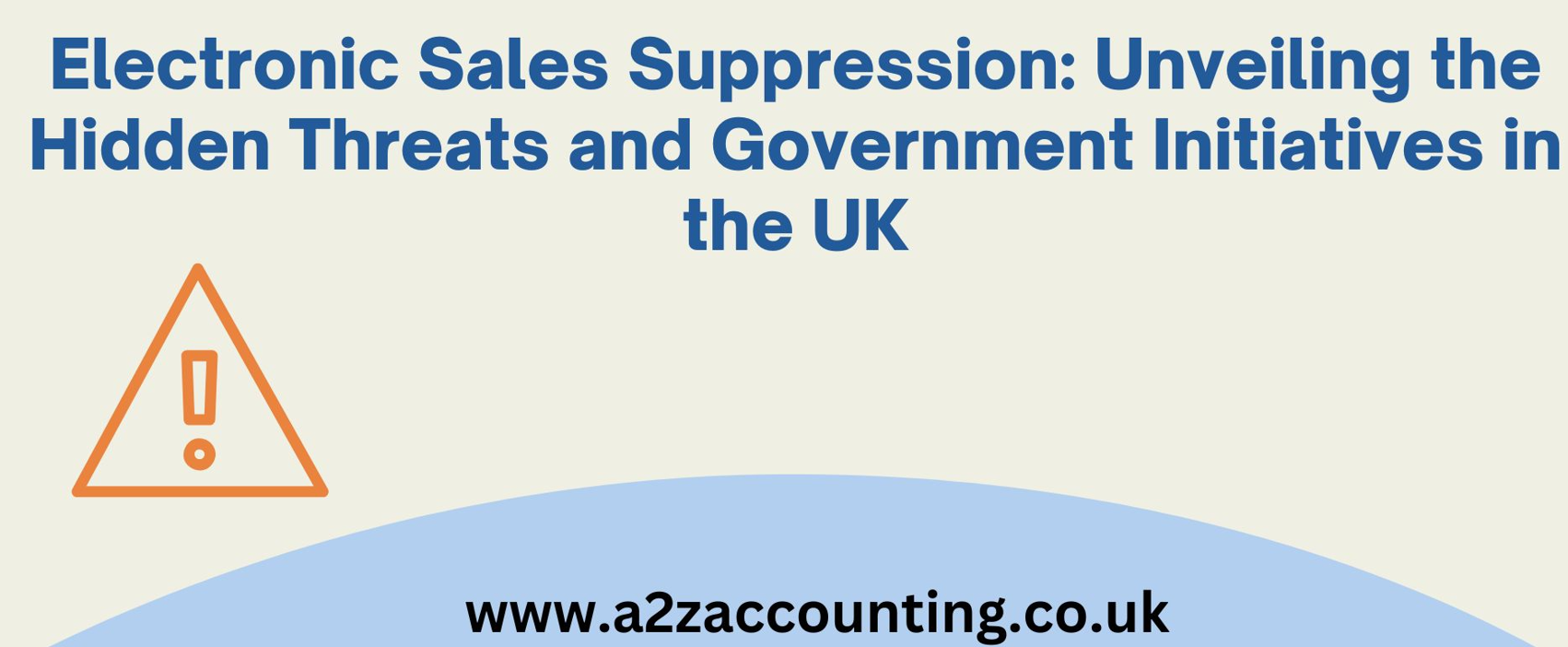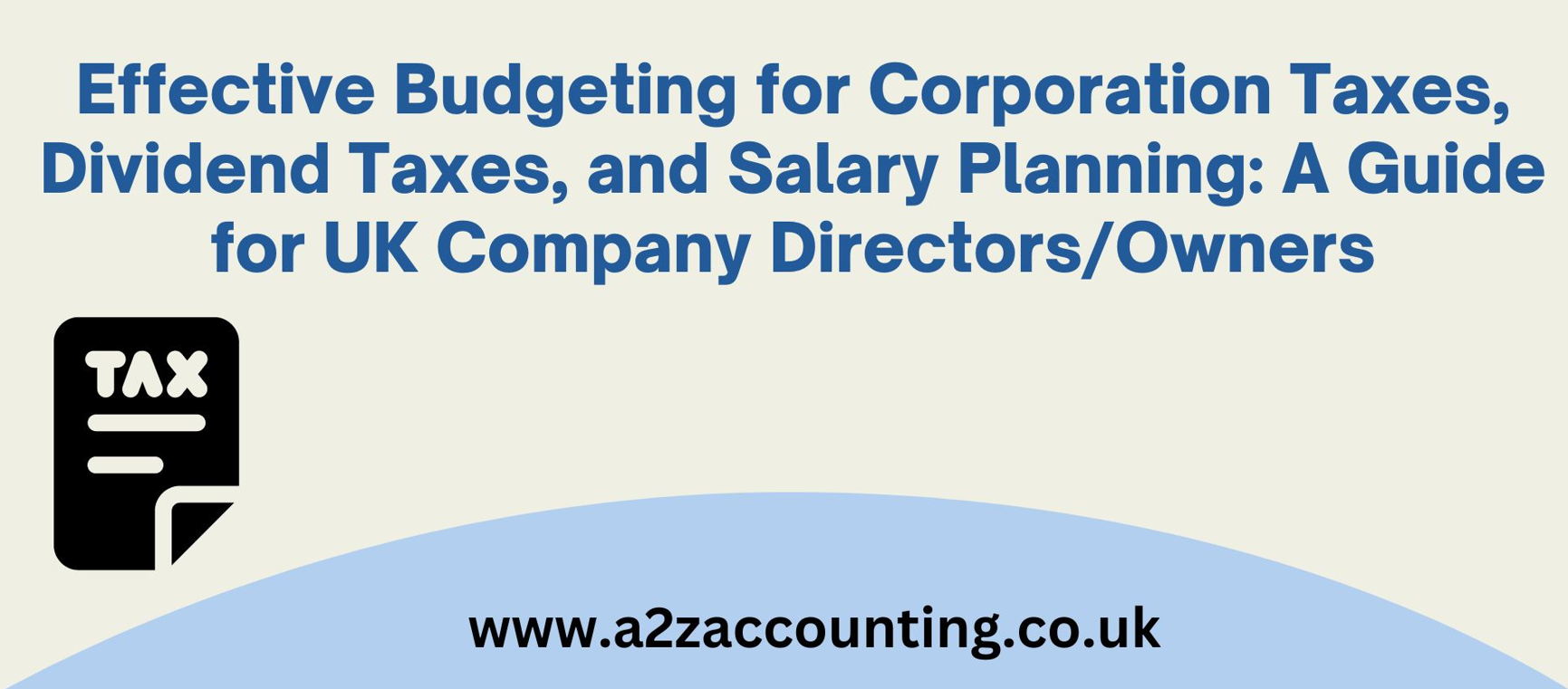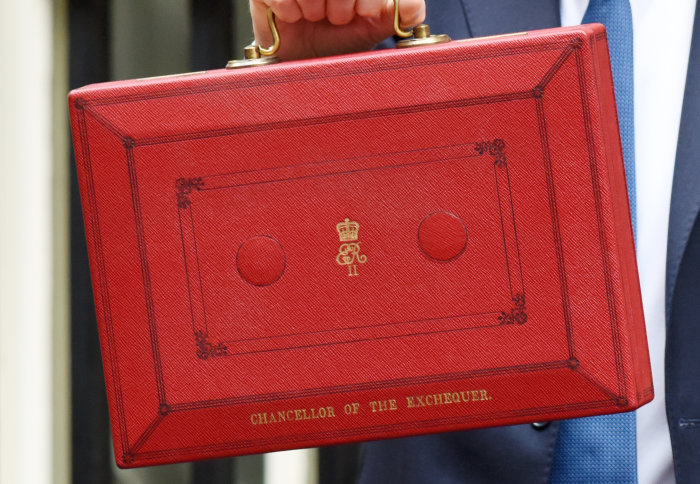As experts in financial matters, A2Z Accounting Solutions is here to decipher the complexities of the Spring Budget 2024. We provide a thorough breakdown of the key changes announced by the government, ensuring clarity and understanding for all.
VAT Threshold Increase
Effective April 2024, the VAT threshold will be increased from £85,000 to £90,000. This means that small businesses can earn up to £90,000 in revenue before they are required to register for VAT. The increase in the threshold provides support for small businesses and reduces administrative burdens.
National Insurance Adjustments
Effective April 2024, the government is reducing both Class 1 and Class 4 employee National Insurance Contributions (NICs). Specifically, Class 1 employee NICs will decrease from 10% to 8%, and Class 4 employee NICs (for sole traders) will reduce from 8% to 6%. These adjustments aim to put more money back into the pockets of workers and businesses, providing much-needed financial relief.
Child Benefit Charge Threshold Increase
The threshold for parents paying the high-income child benefit charge will be raised from £50,000 to £60,000. This means that households where one parent earns more than £60,000 will have to pay back some of the benefit. If your income exceeds £80,000, the charge is equal to the amount of the Child Benefit payment (the full amount of child benefit is returned at this level of income). The change is expected to benefit almost half a million families, with an average increase of nearly £1,300.
Residential Property
The Furnished Holiday Letting tax regime will be abolished.
Capital Gains Tax Reduction
Starting April 2024, the higher rate of Capital Gains Tax (CGT) for residential property disposals will be reduced from 28% to 24%. This change will result in lower taxes for individuals who sell residential properties at a profit. It is expected to stimulate activity in the property market and encourage investment in real estate.
ISA Reform
A new British Individual Savings Account (ISA) will be introduced, allowing an additional £5,000 annual tax-free savings allowance for investments in UK equities, on top of the existing ISA allowances. This move aims to encourage investment in the UK economy.
Overhaul of Non-Dom Taxation
By April 2025, the existing tax regime for non-UK domiciled individuals (‘non-doms’) will transition to a new residence-based system. This means that regardless of where they are originally from, individuals who have lived in the UK for more than four years will be subject to the same tax rules as UK residents. This move is designed to create a fairer and more consistent tax framework for all residents.
Stamp Duty Land Tax Reforms
From June 1, 2024, the government will abolish Multiple Dwellings Relief in the Stamp Duty Land Tax (SDLT) regime. This relief previously allowed individuals and businesses purchasing multiple properties in a single transaction to benefit from reduced tax rates. The government’s aim is to simplify property transactions and enhance transparency in tax payments.
Fuel Duty Freeze
The freeze on fuel duty will continue for another year, ensuring that the price of fuel remains stable. This measure provides relief for drivers and businesses that rely on transportation, helping to mitigate the impact of rising living costs.
Alcohol Duty Stability
From August 1, 2024, until February 1, 2025, alcohol duty rates will remain frozen. This decision provides certainty for businesses in the hospitality sector, allowing them to plan their finances without the uncertainty of fluctuating alcohol prices.
Tobacco and Vaping Duties
Starting October 2026, the government will introduce new duties on vaping products and increase tobacco duty rates. These changes are intended to discourage smoking and promote healthier alternatives, while also generating additional revenue for public services.
Air Passenger Duty Adjustments
From 2025/26, the government will increase air passenger duty rates for premium economy, business, first-class passengers, and private jet passengers. This adjustment aims to align air travel taxes with inflation and ensure fairness in the taxation of air travel.
Extension of Energy Profits Levy
The government will extend the energy profits levy until 2028/29. This levy was introduced in response to the rise in profits in the oil and gas sector and aims to ensure that energy companies contribute their fair share of taxes.
Household Support Fund Extension
The Household Support Fund, which provides discretionary payments to individuals struggling with food, energy, and water bills, will be extended until September 2024. This extension offers continued support to those facing financial difficulties.
A2Z Accounting Solutions Analysis
At A2Z Accounting Solutions, we believe that the Spring Budget 2024 brings both challenges and opportunities for individuals and businesses. While the government’s efforts to provide tax relief and support small businesses are commendable, we urge careful consideration of the broader economic implications of these changes. Our team remains committed to helping our clients navigate the evolving fiscal landscape and optimize their financial strategies accordingly.












